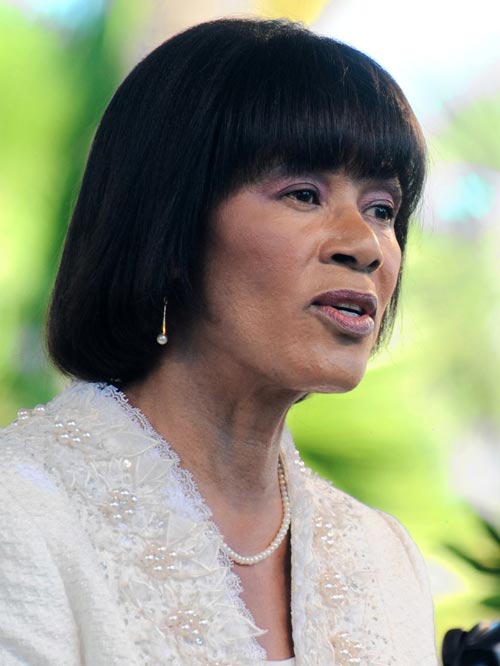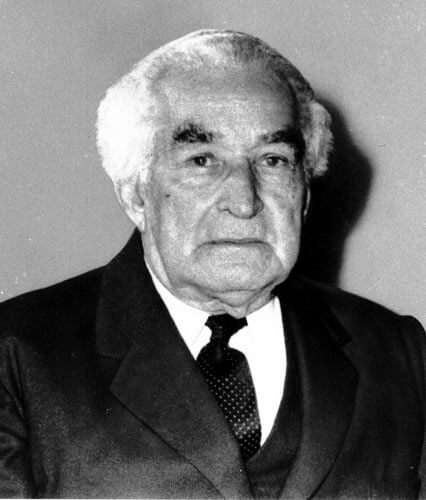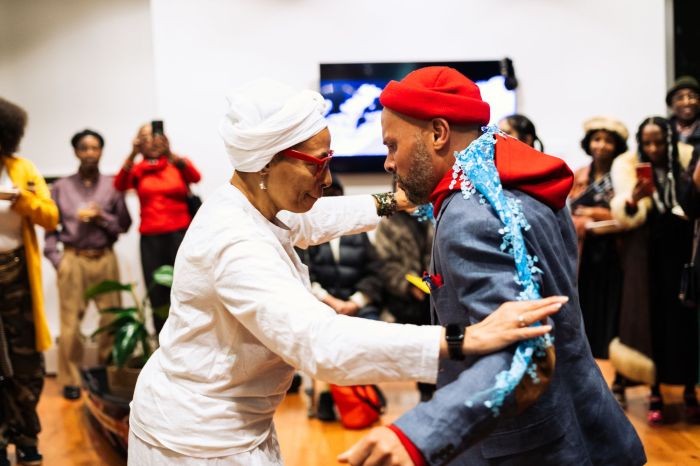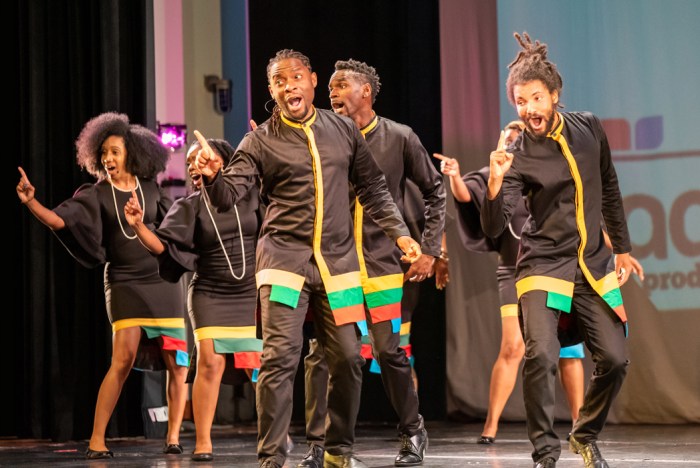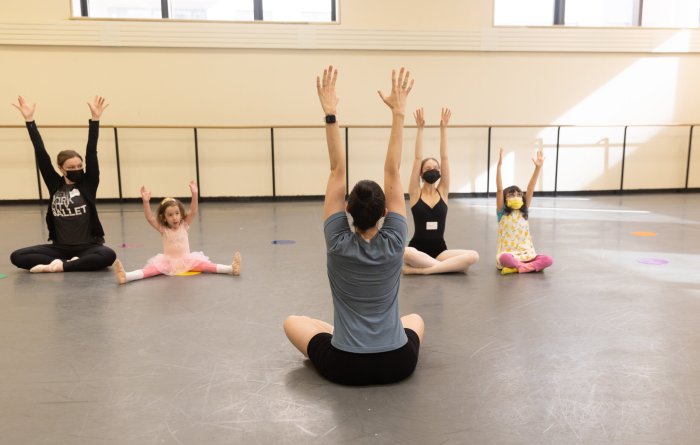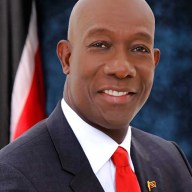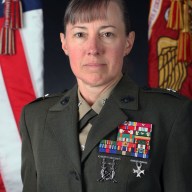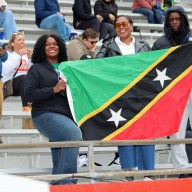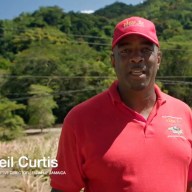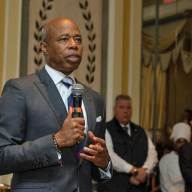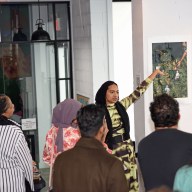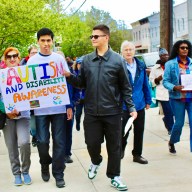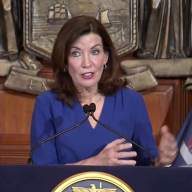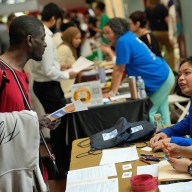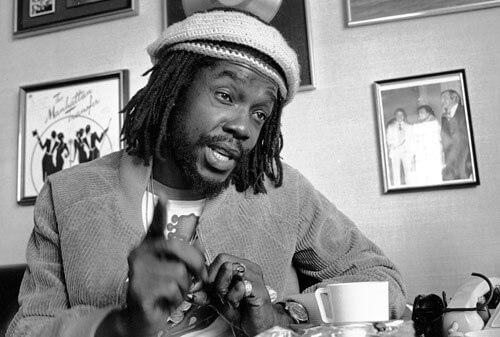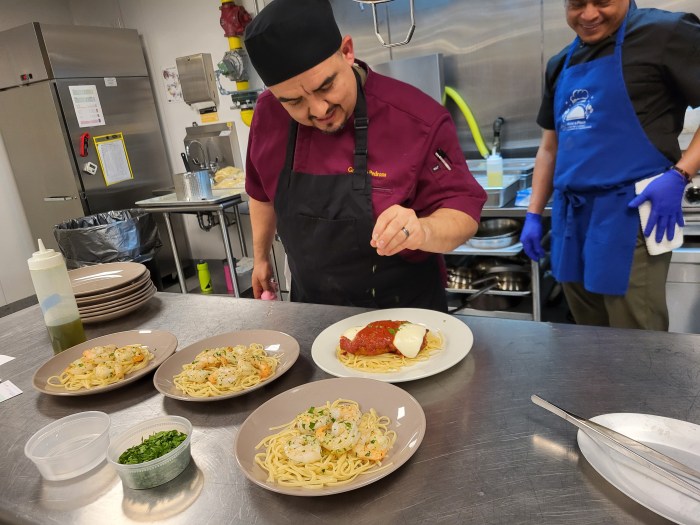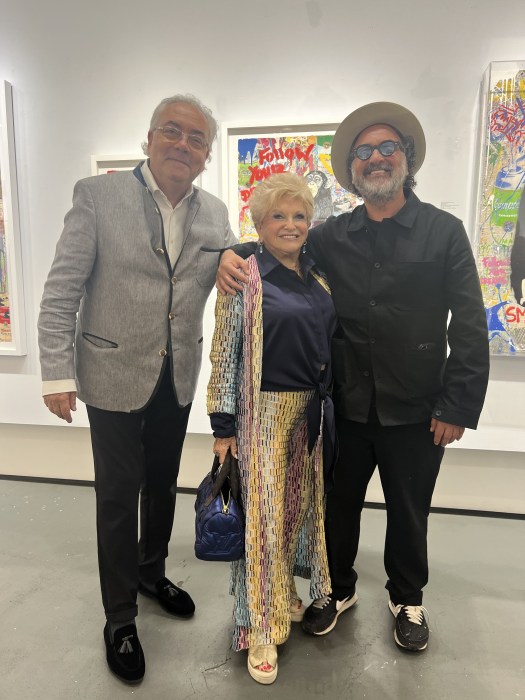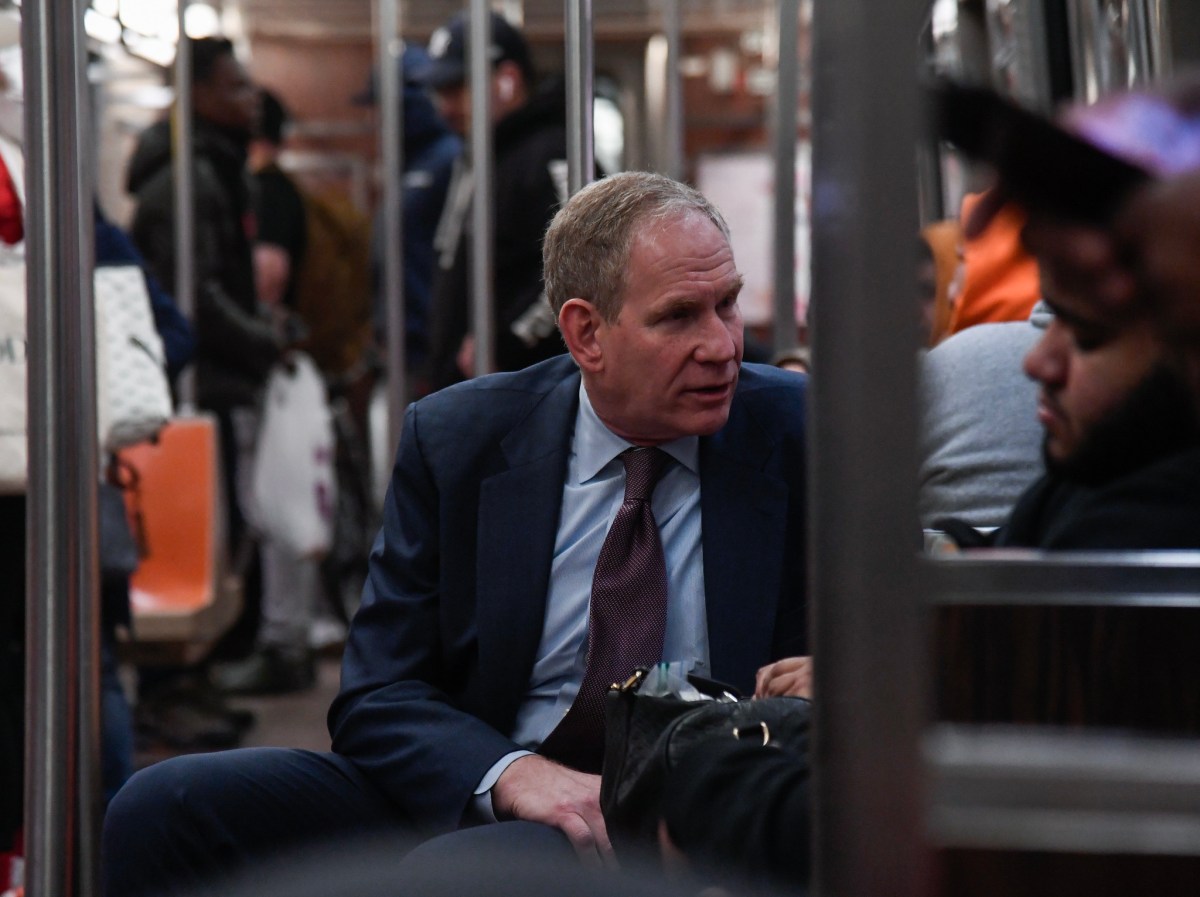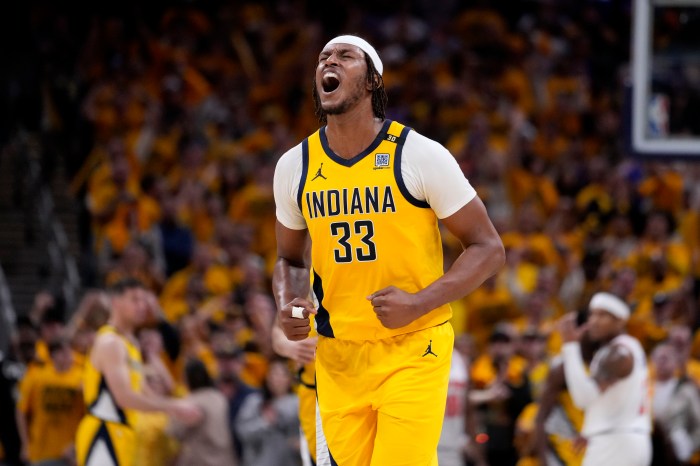Jamaica, regarded the third “most populous Anglophone country” in North America (behind the USA and Canada) was the first of the English-speaking nations to gain independence from Great Britain. That was half a century ago. From that historic precedence, Jamaica has distinguished itself as a significant, Caribbean location. Whether named as a contender in tourism, sports, finance, music, culture, fashion, cuisine, politics, etc the nation represented by a banner marked by its golden X bounded between green and black, Jamaica and Jamaicans have never been known as an island/people to merely bear witness. Instead its brand is associated with exemplary contribution and more often than not leaders, trendsetters and an envied destination for travel.
1962: On Aug 6, Jamaica becomes the first British colony in the Caribbean to win Independence from Britain. Sir Alexander Bustamante is named the first prime minister of the nation. Princess Margaret represents her sister HRH Queen Elizabeth II at gala celebrations at the National Stadium in Kingston. The island establishes the National Dance Theater Company as its national dance company.
Ian Fleming’s “Dr. No,” the first James Bond movie debuts. The 007 spy film was shot in Jamaica.
The new nation also hosted the British Empire & Commonwealth Games.
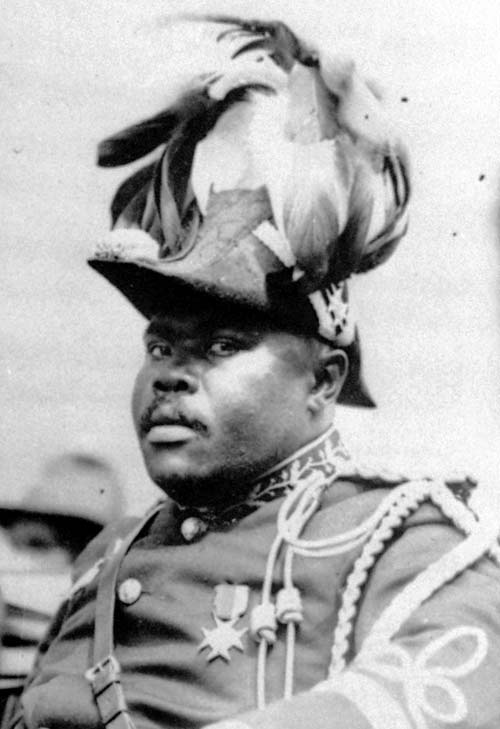
1963: Jamaica’s Carol Joan Crawford is crowned Miss World. She is the first from the Caribbean region to win the coveted pageant.
1964: The remains of Jamaican Pan-African spokesman Marcus Garvey was brought back to Jamaica and buried at Kingston’s National Heroes Park.
1965: Deputy Prime Minister Donald Sangster becomes leader after Bustamante withdraws from public duty. Dr. Martin Luther King delivers valedictory speech at University of the West Indies.
1966: Emperor Haile Selassie I visits the nation to tumultuous greeting and outpouring from members of the Rastafarian community.

1967: Hugh Shearer is elected Jamaica’s third prime minister.
1968: Air Jamaica is established the island’s national Airline.
1969: April 1, 1968, Air Jamaica takes flight to land in New York and Miami. Sir Alexander Bustamante is proclaimed first living national hero. Premier Norman Manley along with Marcus Mosiah Garvey, Paul Bogle and George William Gordon — leaders of the Morant Bay Rebellion — are also named posthumous heroes. Trading begins on the Jamaica Stock Exchange.
1972: Michael Manley, leader of the people’s National Party is elected prime minister.
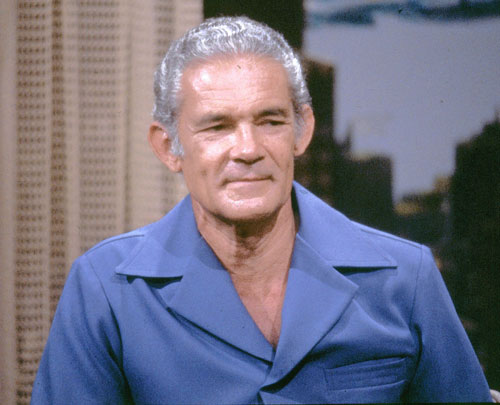
1976: Cindy Brakespeare wins Miss World. A state of emergency is declared by PM Manley when violence flares.
1977: Sir Alexander Bustamante, Jamaica’s first Prime minister dies on Aug. 6, Independence Day.
1978: Reggae Sunsplash, a summer, music, festival premieres in Montego Bay.
1979: Jamaican, Maria Ziadie, became one of the first women in the Western hemisphere to become a commercial jet airline pilot when she was hired by Air Jamaica as a second officer.
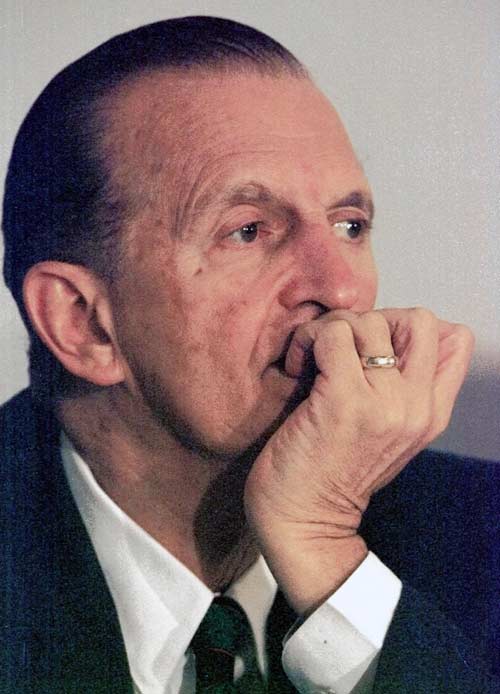
1980: Edward Seaga in landslide victory is elected Jamaica’s fifth prime Minister.
1981: Montego Bay is named a city. On May 11, the nation grieves after hearing news of the death of the king of reggae, Robert Nesta Marley.
1982: President Ronald Reagan visits.
1984: Queen Elizabeth II and the Duke of Edinburgh visit the nation.
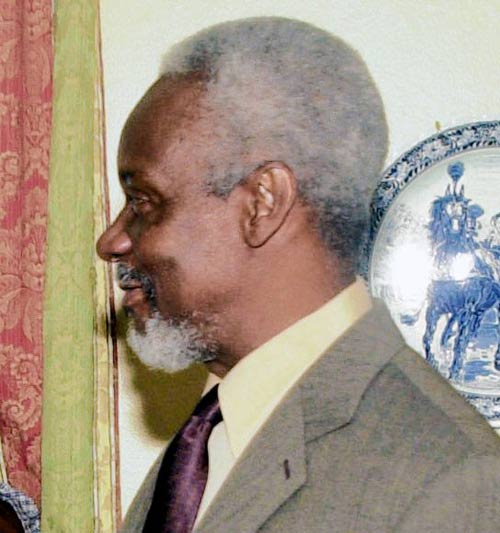
1985: Black Uhuru wins the first Grammy dedicated to Jamaica’s home-honed, reggae music
genre.
1986: India’s spiritual shepherd Mother Theresa visits Jamaica.
1988: Jamaica’s four-man bobsled team steals the spotlight at the Winter Olympic Games in Calgary, Canada. That same year Hurricane Gilbert wreaked havoc on the island.
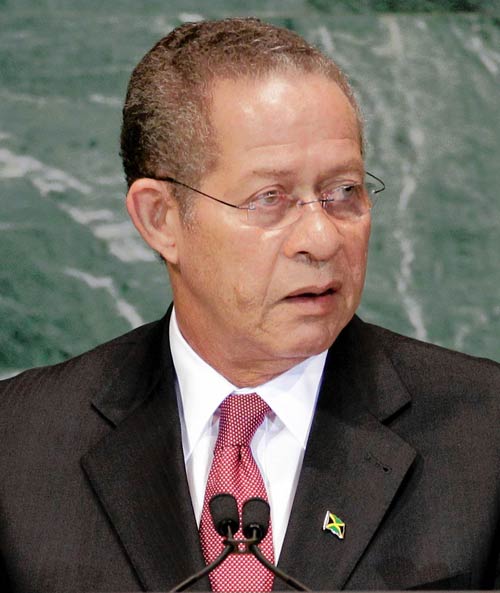
1989: Three quarters of Jamaica’s registered voters elected the People’s National Party to leadership. Michael Manley wins over Edward Seaga.
1991: Nelson Mandela visits Kingston.
1992: Pope John Paul II visits. PM Manley resigns due to ill health. Percival J. Paterson becomes leader.
1993: Reggae Sumfest premieres at Catherine Hall, Montego Bay and replaces the popular Reggae Sunsplash, the first, successful, music festival.
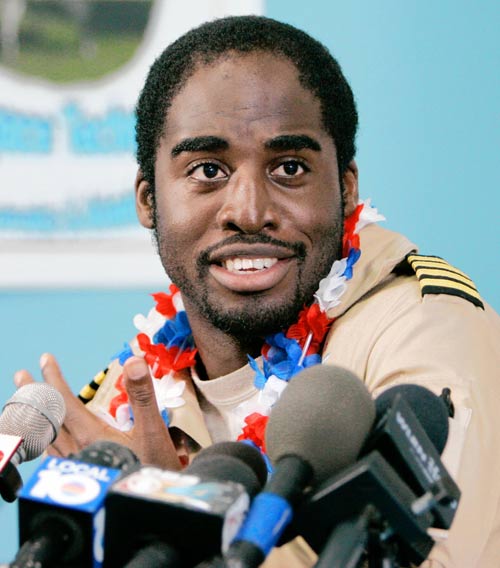
In South Africa, Lisa Hanna becomes the third Jamaican to win the Miss World pageant. She is currently the Minister of Culture.
1997: Air Jamaica’s first all female flight soars in December. Reportedly, it is the second such flight in the world and the first in the Western hemisphere.
1998: Jamaica’s Reggae Boyz, the first soccer team from the English-speaking Caribbean to qualify for World Cup competition.
Twelve-year-old Jody Ann Maxwell becomes the first contestant from outside the United States to win the national Scripps Howard Spelling Bee competition.
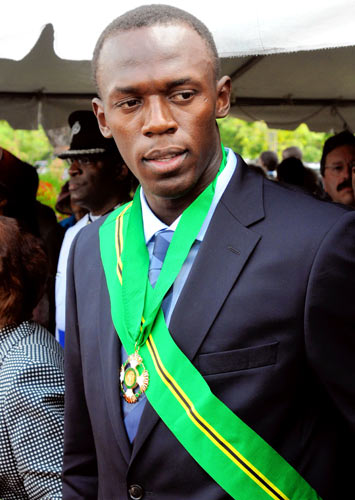
2006: Jamaica’s ruling People’s National Party names Portia Simpson Miller its first female leader. Later that year she is tasked to replace retiring PM Paterson and becomes the nation’s first female head of state.
2007: Jamaica Labour Party wins the national elections with Bruce Golding at the helm. Twenty-three-year-old, Jamaican Barrington Irving becomes first Black and youngest pilot to fly solo around the world.
2008: Jamaica rules track and field at the Beijing Olympics. The tiny island runs away with six gold, three silver and two bronze medals. Usain Bolt, 21, emerges the world’s fastest human. He stacks up three gold medals winning the 100 metres, 200 and 4×100 relay. He is also championed for breaking world records in every win.
2009: Mark Anthony Myrie AKA Buju Banton, a popular, dancehall reggae artist arrested by federal officers on drug-related charges.
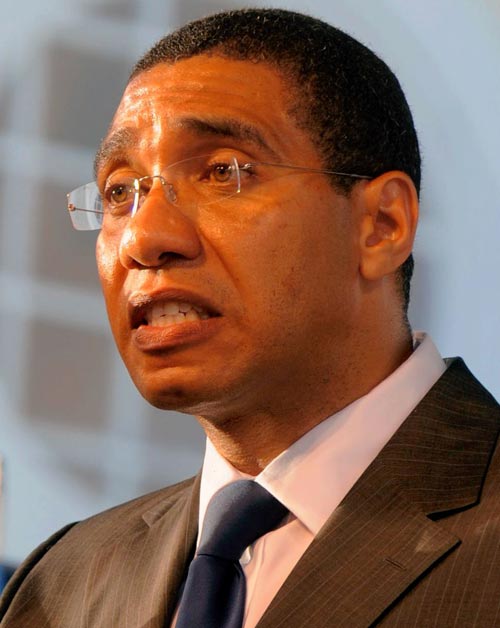
2010: Air Jamaica ceases to operate under Jamaican ownership.
The name Christopher “Dudus” Coke indelibly inscribes cause for PM Golding’s declaration of state of emergency when crime and violence mars the year. Reportedly, 73 Jamaicans are killed in the quest to smoke out the US sought-after crime figure from his Kingston community known as Tivoli Gardens. Coke was not captured there but in a car allegedly headed to the capital city of Kingston. Dressed in women’s clothing, he was seized, handed over to federal authorities and extradited to the USA.
2011: Prime Minister Golding steps down and alleges he will no longer seek elective governance. He is replaced by Andrew Holness. Later that same year, Portia-Simpson Miller wins in landslide elections. Popular reggae dancehall personality Buju Banton is sentenced to 10 years.
2012: Simpson Miller takes oath of office and inaugurated prime minister, the first female ever to take the oath of office. Dudus pleads guilty and is given 23 years. Prince Harry represents his grandmother Queen Elizabeth II who is celebrating her golden jubilee simultaneously with the island’s milestone achievement. Ironically, during this same year as in 1962 (Empire & Commonwealth games) — Jamaican athletes are vying for top track and field medals at the Olympic Games.
